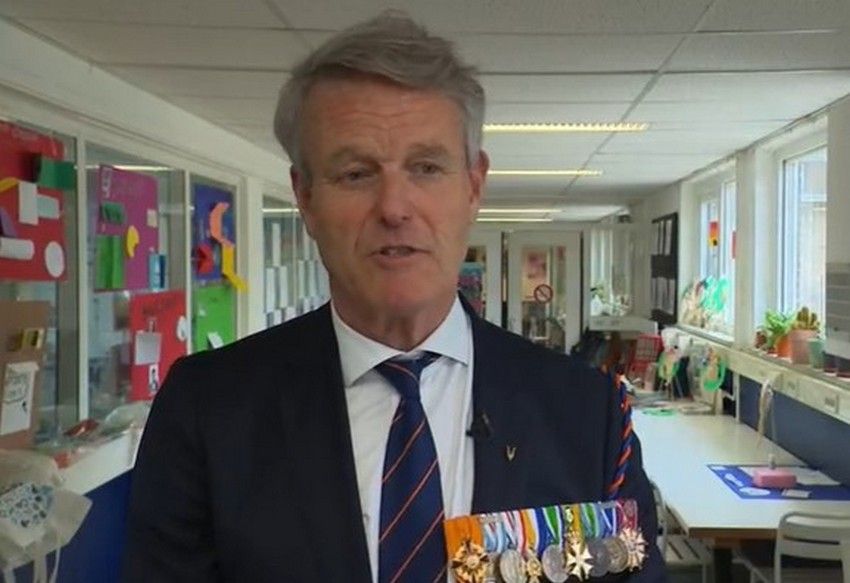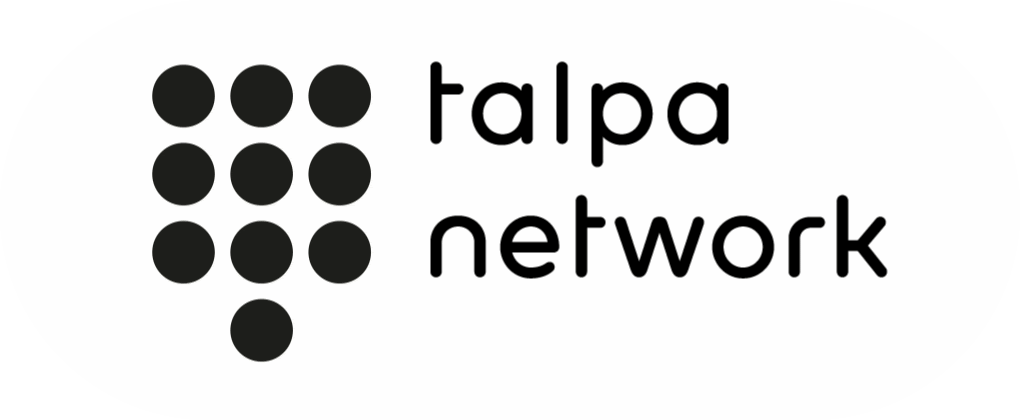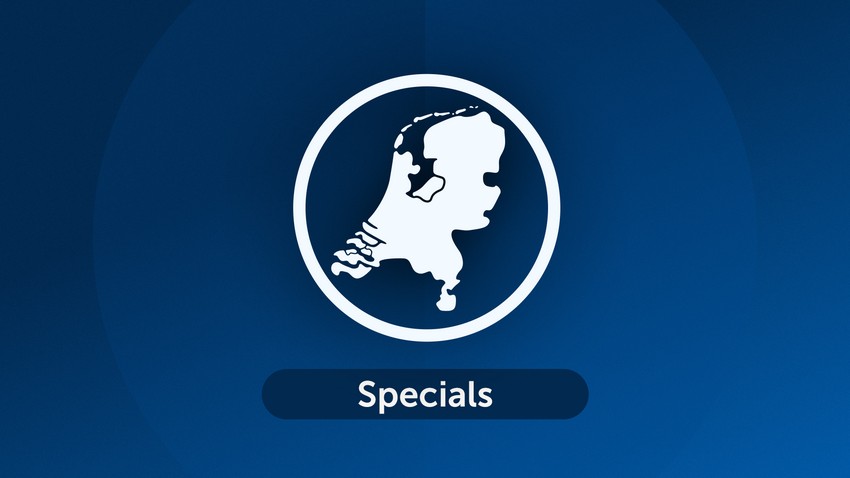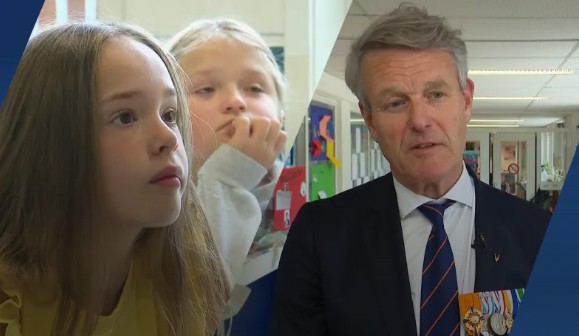

Veteran Hans teaches children that freedom is not something you are automatically given.

Hart van Nederland, 25 april 2025 
In the run-up to 80 years of freedom and with tensions rising around the world, it is more important than ever for veterans to talk about their experiences,
and remind children and young people that freedom is still something we must work to keep. 
Hartvannederland.nl
Next month, we will celebrate eighty years of freedom. Many people still don't understand this. Even for Dutch people, a different future seems to be becoming more realistic. Primary schools, secondary schools and universities can sign up for a guest lecture by a veteran.
A veteran is someone who has been on a freedom mission on behalf of the Netherlands.This is an initiative of the Veterans Institute, in which more than two hundred veterans are taking part.
One of the guest speakers is Hans van der Louw, who has lots of experience and used to be in the army. This week, he will be talking to the Year 7 students at De Zwaan Primary School in Zwanenburg.
'You are a veteran if you have been sent on a mission, something I have done twice,' says Van der Louw. He has been retired since 2018, but that is not the end of his story as a veteran. He now regularly teaches, mainly at primary schools, because he believes that veterans' stories need to be told. He also does this for people who can't tell their own stories.
'We have a hundred thousand veterans in the Netherlands, all of whom have contributed to peace and freedom. I have the time and make the time to tell the children of the Netherlands about this."
Hans van der Louw was head of the Military Household of the King from 2014 to 2018 and then retired as a major general. He was also in charge of a group of soldiers in the UN peacekeeping force UNIFIL.
This is the group that sent Dutch soldiers to troubled Lebanon between 1979 and 1985. In 1982, the mission lasted six months and was led by Van der Louw.
Van der Louw was also in charge in Bosnia in 1996.
Being realistic is good for everyone.
'What strikes me in particular is that children are very interested in these stories. I also have to think carefully about how I convey my message.' During these guest lectures, children get to ask lots of questions, which Van der Louw really enjoys. 'You almost always have a great connection with these kids. That makes it very rewarding."
Children are also very affected by the tensions in the world. "I teach about once a week and I often get questions about what's going on in the world," says Van der Louw. For example, about Gaza, but also about Ukraine. People often ask me if Putin is coming our way.
For Van der Louw, it is especially important to reassure the children, but in a realistic way. I tell them that it's not likely that Russian tanks will be driving through the streets here, but that we, including children, may experience real problems. For example, that the lights might not work.'
Getting children to think
Van der Louw really wants the children to think. 'I always ask them what freedom means to them and what they would be willing to do for it in the coming years.' This is important because 'freedom is something we have to work on every day'.
So, what is it like for these children to see a veteran in real life? What do they think of this message?
The video below (click on the photo) shows what a guest lecture like this can achieve.


